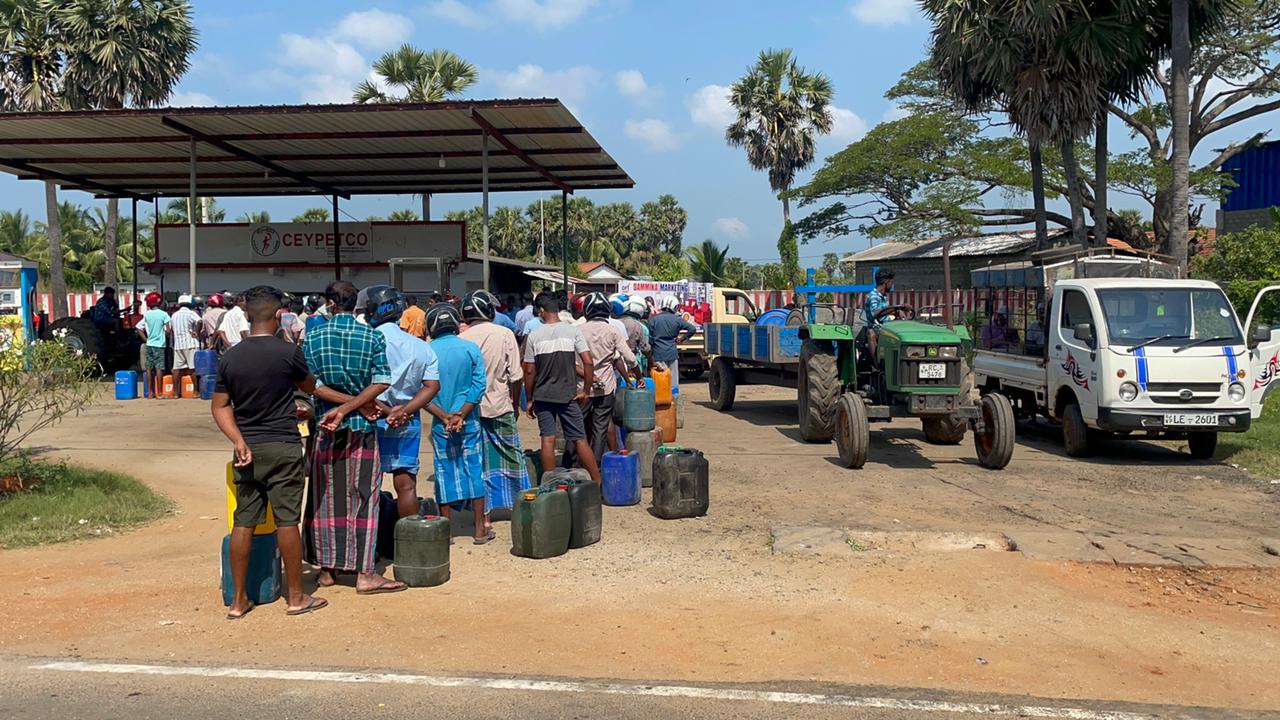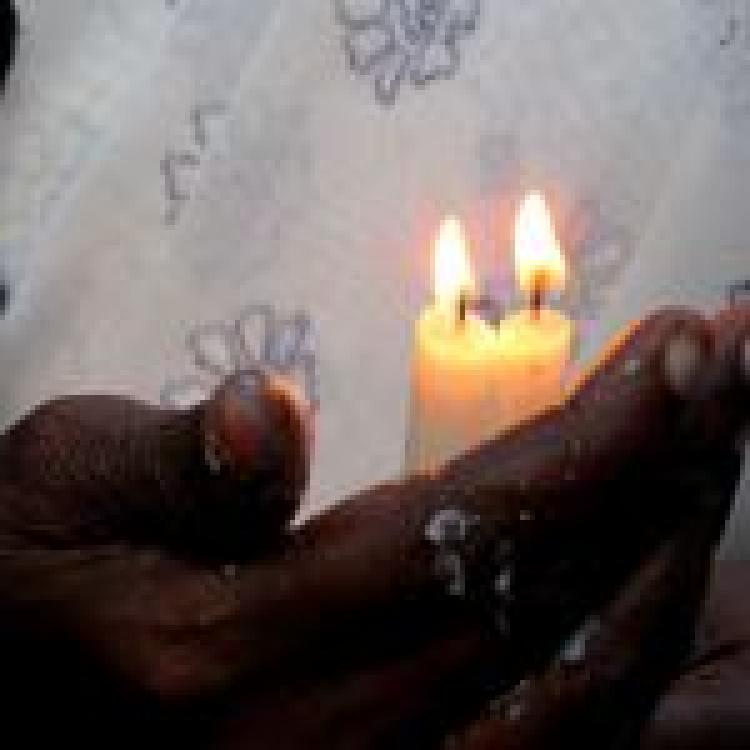![]()
The International Monetary Fund (IMF) conducted an Article IV consultation in Sri Lanka where they stressed the urgency to implement a credible strategy to address one of the worst financial crises the country has faced.
An Article IV consultation involves an IMF team of economists visiting a country to assess economic and financial developments and discuss the country's economic and financial policies. The IMF conducted its Article IV consultation in Sri Lanka, the first since 2018. A summary statement was published detailing their findings, the full report has not been made public yet.
The IMF stressed the urgency of implementing a credible strategy to restore the country's macroeconomic stability and reduce debt. It suggested that Sri Lankan authorities should reform state-owned enterprises and adopt cost-recovery energy pricing. The IMF noted that under current government policies, debt is projected to remain and increase over the next four years.
"Under current policies and the authorities’ commitment to preserve the tax cuts, fiscal deficit is projected to remain large over 2022–26, raising public debt further over the medium term."
It highlighted that foreign reserves would continue to remain low. The dwindling reserves have led to country to experience shortages of fuel, medicine and food as imports are drastically reduced.
"Due to persistent external debt service burden, international reserves would remain inadequate, despite the authorities’ ongoing efforts to secure FX financing from external sources." The statement noted.
Inflation increased to 14 per cent in January and the IMF projects it will remain in double-digits in the coming quarters, exceeding the targeted increase of 4-6 percent.
"GDP growth is projected to be negatively affected by the impact of the FX shortage and macroeconomic imbalances on economic activities and business confidence. Inflation recently accelerated to 14 percent (y/y) in January 2022 and is projected to remain double-digit in the coming quarters, exceeding the target band of 4–6 percent, as strong inflationary pressures have built up from both supply and demand sides since mid-2021."
The cost-of-living crisis in Sri Lanka has impacted everyone across the Island, essential food items are skyrocketing in price both due to inflationary pressure and reduced imports.

Mannar Farmers queuing for fuel
The IMF notes that the future outlook of the country is met with 'risks tilted to the downside'. The country could experience significant contractions in imports and private credit growth, additional risks include " COVID-19 resurgence, rising commodity prices, worse-than-expected agricultural production, potential deterioration in banks’ asset quality, and extreme weather events". Sri Lanka has already been impacted by a disastrous harvest season as a result of government policy that banned chemical fertilisers import.
Executive Directors agreed that a tighter monetary policy was needed to contain the rising inflationary pressures, whilst phasing out the central bank's direct financing of budget deficits. Commentators noted that the Executive Directors' finding reflects the initial actions the Rajapaksa regime would have to take before IMF negotiations around debt restructuring could begin. The government thus far has rejected any notion of approaching the IMF, with some parliamentarians noting that they would rather die.
As thousands in Sri Lanka are without food and power, it is to be noted that a program implemented by the IMF will not address the structural issues found within the state of Sri Lanka which continues to keep the island nation in a state of crisis. If the political aspirations of the Tamil people are not addressed, Sri Lanka will continue to exist as an ethnocratic state based on the idea of a Sinhala-Buddhist hegemony where economic mismanagement, corruption and authoritarianism is rampant.
Read the full summary statement here.




